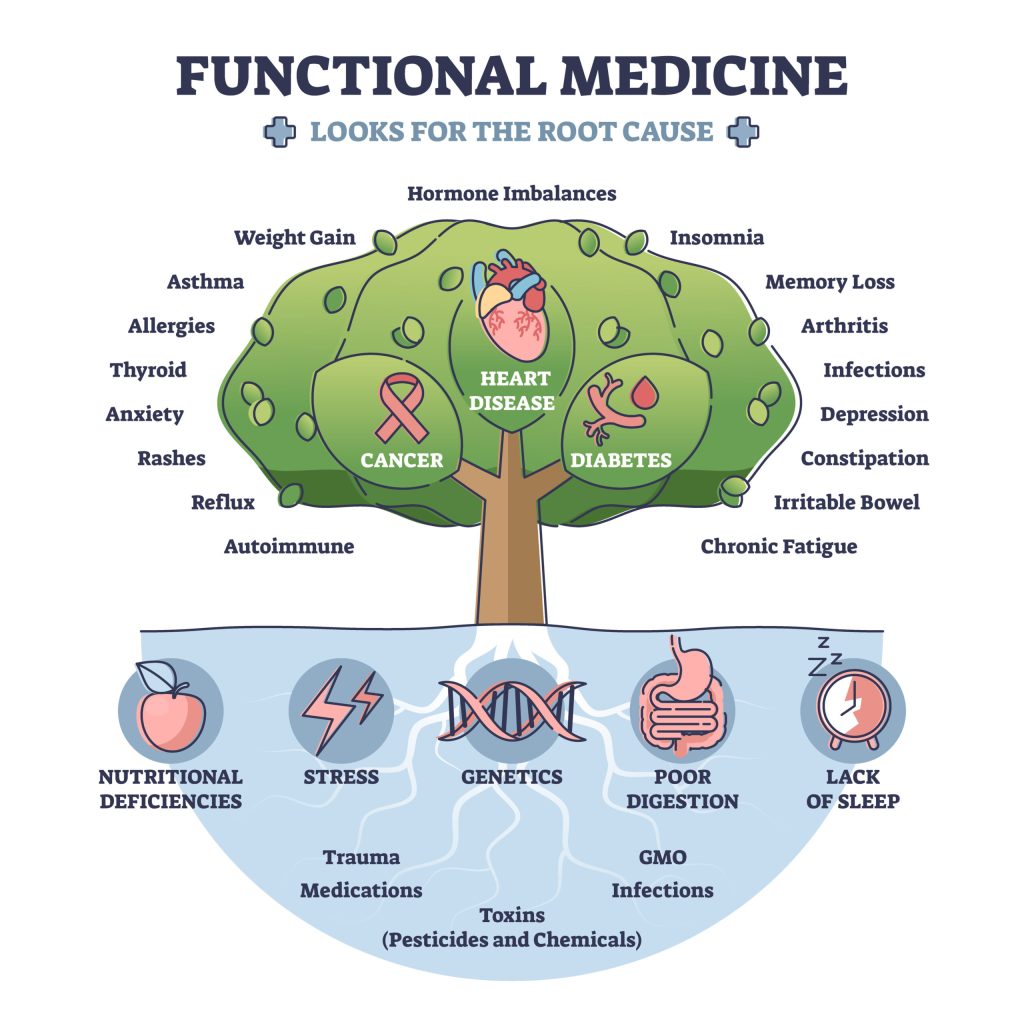In today’s fast-paced world, where we are constantly bombarded with responsibilities and distractions, it can be easy to neglect one of the most important aspects of our health: sleep. Many of us tend to sacrifice sleep in order to get more done, whether it’s staying up late to finish work or binge-watching our favorite TV shows. However, when we neglect our need for sleep, we are ultimately compromising our overall well-being.
Sleep is a vital component of a healthy lifestyle, and its importance cannot be overstated. It plays a crucial role in our physical, mental, and emotional well-being, and getting enough quality sleep is essential for maintaining optimal health and functioning. In fact, the National Sleep Foundation recommends that adults aim for 7-9 hours of sleep per night, while teenagers need even more – around 8-10 hours.
One of the most significant benefits of sleep is its impact on our physical health. During sleep, our bodies repair and restore themselves, helping to prevent illness and support overall immune function. Sleep is essential for regulating hormones that control appetite, metabolism, and blood sugar levels, which can have a major impact on our weight and overall health. Lack of sleep has been linked to an increased risk of obesity, diabetes, heart disease, and other chronic health conditions.
In addition to its physical benefits, sleep also plays a crucial role in our mental and emotional well-being. Getting enough quality sleep is essential for cognitive function, memory consolidation, and emotional regulation. During sleep, our brains process and store information from the day, helping us to learn and remember new things. Lack of sleep can impair our cognitive abilities, leading to difficulties with concentration, problem-solving, and decision-making.
Furthermore, sleep is crucial for emotional well-being, as it helps to regulate our mood and stress levels. When we are sleep-deprived, we are more likely to experience mood swings, irritability, and anxiety. Chronic sleep deprivation has also been linked to an increased risk of depression and other mental health disorders. Getting enough quality sleep is essential for maintaining emotional resilience and mental health.
Despite the importance of sleep, many of us struggle to prioritize it in our busy lives. However, there are several strategies that can help us improve our sleep habits and reap the benefits of a good night’s rest. Establishing a regular sleep schedule, creating a relaxing bedtime routine, and setting up a comfortable sleep environment are all important steps in promoting healthy sleep habits.
Avoiding caffeine, alcohol, and electronic devices close to bedtime can also help improve the quality of our sleep. These substances and activities can interfere with our body’s natural sleep-wake cycle and make it harder to fall asleep. Instead, engaging in calming activities such as reading, listening to music, or meditating can help prepare our bodies and minds for sleep.
If you are struggling with sleep issues, it may be helpful to consult with a healthcare provider or sleep specialist. They can help identify any underlying sleep disorders or medical conditions that may be affecting your sleep, and provide personalized recommendations for improving your sleep quality.
In conclusion, sleep is a powerful tool for promoting optimal health and well-being. It plays a crucial role in our physical, mental, and emotional functioning, and getting enough quality sleep is essential for maintaining overall wellness. By prioritizing sleep and establishing healthy sleep habits, we can improve our health, cognitive function, and emotional resilience. So, the next time you find yourself tempted to sacrifice sleep for productivity, remember the power of sleep and its key role in promoting wellness.

